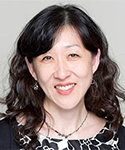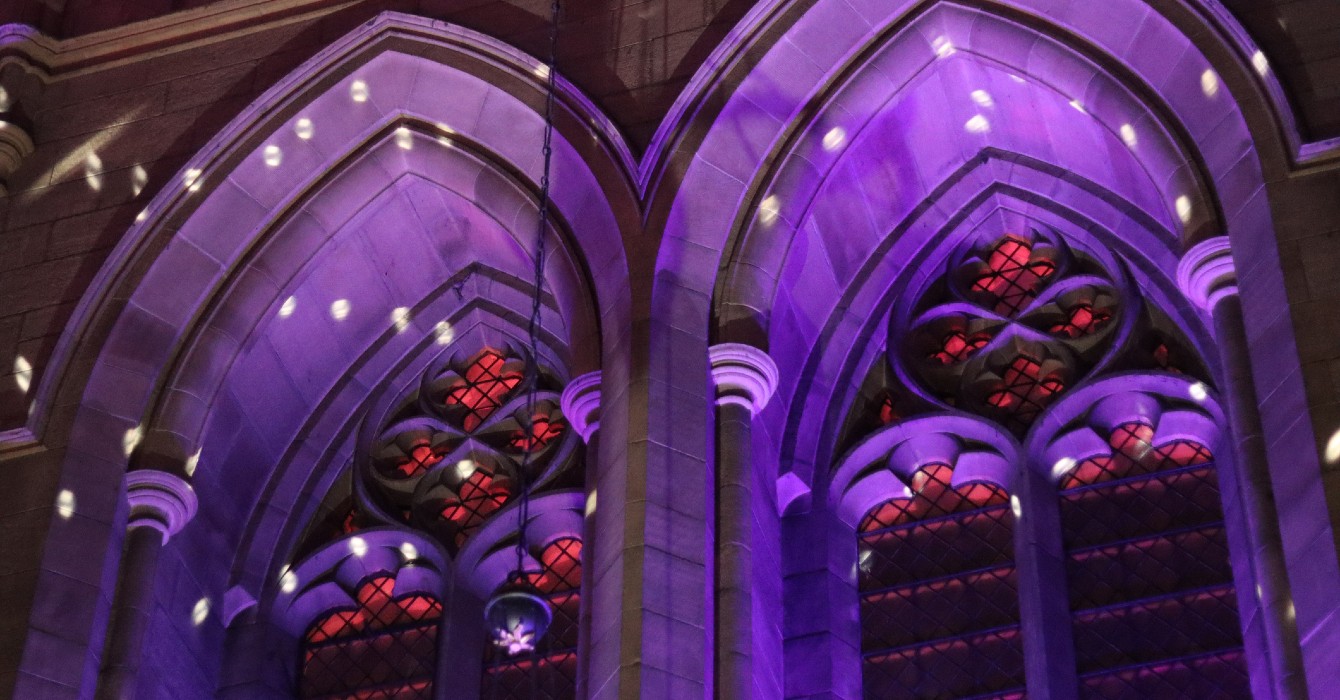I was born in South Korea.
Growing up in that country, I was raised to be afraid of our neighbor, North Korea. Everything that was associated with North Korea was regarded as part of its evil, malicious and unforgiving communist government. We were fed the tainted truth that we were under constant threat of terror and mass genocide. As long as I lived in South Korea, I could not outrun the worry that North Korea and its mad leader was one move away from devastating our nation.
Consumed by fear is no way to live. Fear begins as a small seed, sprouting and growing into a sickening entity that contaminates the surrounding ecosystem until it takes over completely. Fear is unhealthy. It is debilitating for both our minds and our spirits. Furthermore, it is not Christian. The act of fearing another goes against the notion that we are meant to embrace and love our neighbor.
I have tried to live out my faith by connecting with our Korean neighbor. Since my family and I immigrated to Canada in the early 1970s, I have returned to South Korea six times. With every trip, I have gone to the 38th parallel, the border that divides North and South Korea. On my fourth visit back, I took my two older children to the infamous border. It was important to me that they understand not only their cultural roots but also the enduring problems of our motherland’s history.
On each visit, I was confronted with images from the faded memories of my early childhood. The border is highly militarized and hostile, with countless South and North Korean soldiers, warnings, codes of conduct and surveillance technologies. But during the visit with my children, I was also struck by the area’s surprising beauty. The surrounding land was lush and green; the air was misty. I marveled at how something so horrific could also be so lovely. And I wondered whether my eyes and judgment had been clouded.
In the summer of 2018, I traveled to South Korea with the Rev. Jesse Jackson as part of a delegation working for peace on the divided peninsula. While there, we met with the National Council of Churches in Korea and other prominent church leaders, members of the National Assembly, Speaker Moon Hee-sang, members of the Minjung Party, and the U.S. Ambassador to South Korea, Harry Harris.
I was honored to be part of such a mission. Yet every visit to the 38th parallel brings new heartache. The demilitarized zone, or DMZ, is a reminder that Korea is still divided and families still separated. It reopens the wound that these people -- who share the same language, food, culture, history and ethnicity -- are no longer united.
At three inter-Korean summits in 2018, South Korean President Moon Jae-in and North Korean leader Kim Jong Un met to discuss peace, trade and denuclearization of the peninsula, with the ultimate objective of reunification. In a reunified Korea, travel across the border would be easy and accessible, and families separated for generations could finally come together.
There are some encouraging signs from the recent discussions, especially the possibility that North Korean leader Kim Jong Un might visit South Korea -- a dramatic advance in inter-Korean diplomacy.
But there are also signs of a continuation of the cycle of fear.
In an unprecedented summit in June 2018, President Trump and Kim Jong Un agreed to work toward denuclearization of the Korean Peninsula. Trump has touted progress in denuclearization, but talks have been stalled by Kim’s insistence on removal of international sanctions as a precondition, and North Korea is unhappy with the United States’ “nuclear umbrella” over South Korea.
In late December 2018, North Korea reasserted its resolve not to denuclearize until the United States eliminates its own nuclear arsenal in the region.
Further, Kim Jong Un wants the U.S. to significantly reduce the number of American troops -- currently 28,500 -- stationed in South Korea.
This fear and prejudice against one another needs to stop.
If peace is ever to be obtained in the Korean Peninsula, the paths of talks, diplomacy and shared interests must continue to be encouraged and developed. We cannot allow setbacks to derail any peace talks. More summits need to occur between the U.S. and North Korea, so that mutual trust can be built, long-standing conflict can be healed, and peace can finally be obtained.
As Christians, we are reminded that despite changing circumstances, we must be peacemakers. Loving and embracing one another is a central principle of our faith. Jesus said, “Blessed are the peacemakers, for they will be called children of God” (Matthew 5:9 NRSV). As participants in this collective journey, we need to practice unity, making conscious efforts toward building peace -- not least on the Korean Peninsula.
When that happens, I hope to take my children to the border and cross it with them, as we encounter the new and united nation of Korea.








